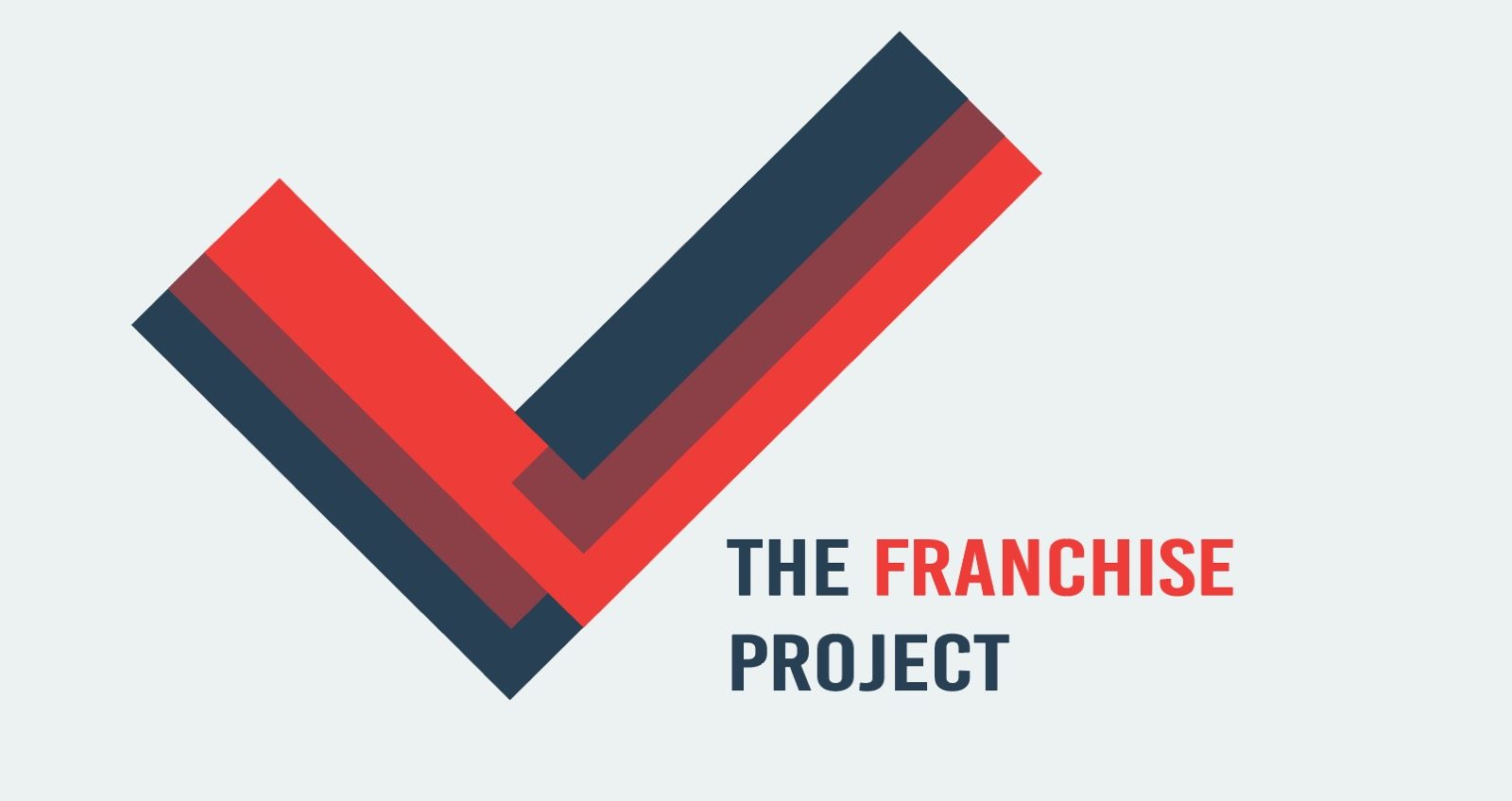Want to make sure you don’t miss the month’s best opinion pieces, deep dives, and analysis? Here’s your monthly roundup of must-read articles on voting rights from around the web:
1. Citizen-initiated ballot measures aiming to implement independent redistricting commissions may be the best way to combat extreme partisan gerrymandering going forward. While litigation can still sometimes be effective, we can’t count on courts to solve redistricting.
Want more?
- There are four state-level routes to gerrymandering reform: governors, state-constitution-based lawsuits, voter initiates, and legislation.
- “[F]ive states are holding ballot measures on the issue in a single year [whereas] only five had taken them up over the entire preceding decade.
2. “[T]he median rate of purging across the country has risen … since 2008 … It amounts to an additional four million people being struck off voting lists. Much of that rise reflects purges in many of the places once subject to the preclearance requirements of the Voting Rights Act … places with a history of discrimination.”
Want more?
- Read the Brennan Center report on the growing threat of voter purges.
3. The results of a poll by PRRI and The Atlantic reveal that “voter suppression is commonplace, and that voting is routinely harder for people of color than for their white counterparts.” In addition, “[o]nly 27 percent of white Americans say that eligible voters being denied the right to vote is a major problem today … [compared to roughly 6 in 10] black and Hispanic Americans.”
Want more?
- The poll also finds that Americans support measures to make voting easier. However, the typical voter may have “a preference for expanding voting access as much as possible but with safeguards in place to verify who is voting.”
- Another finding of the poll is that 62% of Democrats say that voter disenfranchisement is a bigger problem than voter fraud, while 68% of Republicans say that voter fraud is the bigger problem.
- Read the full poll results.
4. “Chief Justice John Roberts has a plan to neuter the Voting Rights Act. All of it. He’s held onto this plan for nearly forty years, waiting for the day when he could deploy it. That day is nearly upon us. [With Supreme Court nominee Brett Kavanuagh,] Roberts will almost certainly have the votes he needs to gut America’s voting rights law.
5. “[T]he former suffragists of the North were … uninterested in fighting discrimination against women who were suffering racial, as opposed to gender, discrimination. As the historian Rosalyn Terborg-Penn writes: ‘Within a few years [of the passage of the 19th Amendment], white supremacy was victorious throughout the South. Unlike Black men, who had been disenfranchised within 20 years after the ratification of the 15th Amendment, Black women had lost the vote in less than a decade.'”
6. “What the [Democratic] party needs now are leaders willing to champion electoral reforms…This is not about weaponizing electoral institutions for partisan gain; it is about delivering on the promise of American democracy.”
7. “America can build an election system based on pro-voter policies and practices that drive participation by all eligible voters … To increase voter participation and expand voting opportunities for eligible voters, states have a number of tools available, including those detailed in this report” by the Center for American Progress.
8. Russian hackers continue to target political campaigns in the US in advance of the 2018 midterm elections. Campaigns are especially vulnerable “because they often don’t have the time or money to develop long-term cybersecurity plans and because they’re bringing on new staff and volunteers all the time — often without adequate training.”
Want more?
- “[T]here is no coherent Trump administration strategy to combat foreign election interference — and no single person or agency in charge.”
- The NSA and Cyber Command are coordinating “actions to counter potential Russian interference in the 2018 midterm elections … in the absence of direct guidance from the White House on the issue.” However, “‘the lack of presidential guidance to address this as a national problem impedes the ability’ to carry out a more robust and effective effort.”
